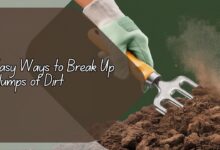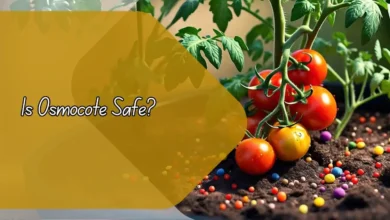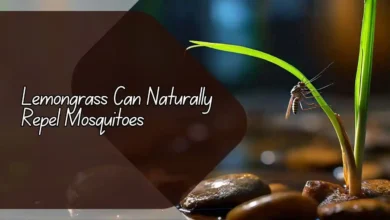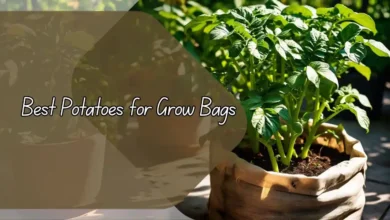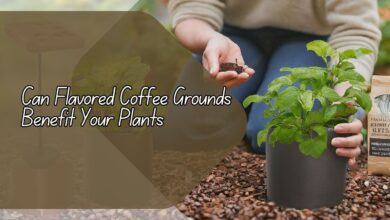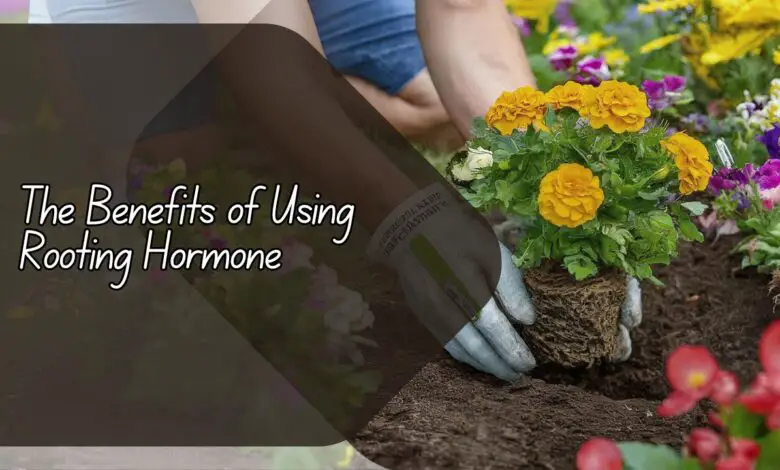
Boosting Transplant Success: The Benefits of Using Rooting Hormone
In this article, we will discuss the benefits of using rooting hormones to boost transplant success in gardening. Rooting hormone is a valuable tool for gardeners looking to increase the chances of their transplants thriving and establishing strong root systems.
What is the rooting hormone, and how does it work?
Rooting hormone is a substance that is used to stimulate root growth in plant cuttings. It contains plant hormones that encourage the formation of roots and help cuttings establish themselves in their new environment.
When applied to the cut end of a stem, the rooting hormone works by promoting cell division and root development, increasing the chances of successful transplanting.
Rooting hormone comes in different formulations, including gel, powder, and liquid. Each type has its own advantages and can be used for different types of plants and cuttings. By using rooting hormone, gardeners can give their transplants a better chance of surviving and thriving in their new location.
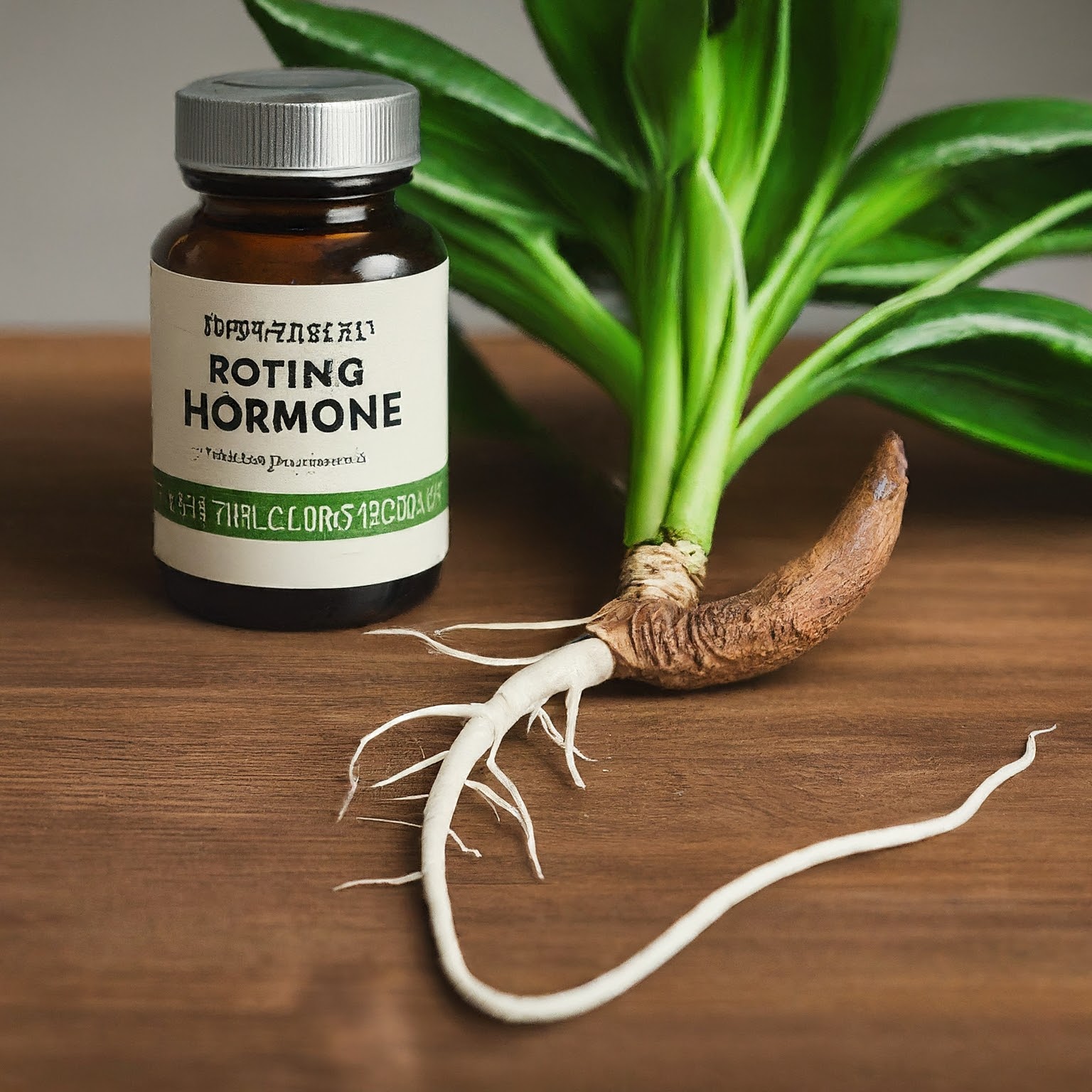
What are the benefits of using rooting hormones?
One of the main benefits of using rooting hormone is the increased success rate of transplants. The hormone helps plants develop a strong root system, which is essential for their growth and survival.
With a well-established root system, transplants are better able to take up nutrients and water from the soil, resulting in healthier and more vigorous plants.
In addition to boosting transplant success, the rooting hormone can also help speed up the rooting process. Cuttings treated with rooting hormone are more likely to develop roots quickly, allowing gardeners to transplant them sooner and enjoy the benefits of new growth sooner.
This can be particularly useful for plants that have a longer rooting time or are more difficult to propagate.

How should the rooting hormone be used?
Rooting hormone should be applied to the cut end of a stem before planting it in soil. The cutting should be dipped into the rooting hormone, or the hormone should be applied directly to the cutting according to the manufacturer’s instructions. It is important to follow the recommended dosage and application methods to ensure the best results.
After applying the rooting hormone, the cutting should be planted in a well-draining potting mix and kept moist until roots develop. It is also important to provide the cutting with the right amount of light and warmth to promote root growth. With proper care and attention, the cutting should root successfully and grow into a healthy plant.
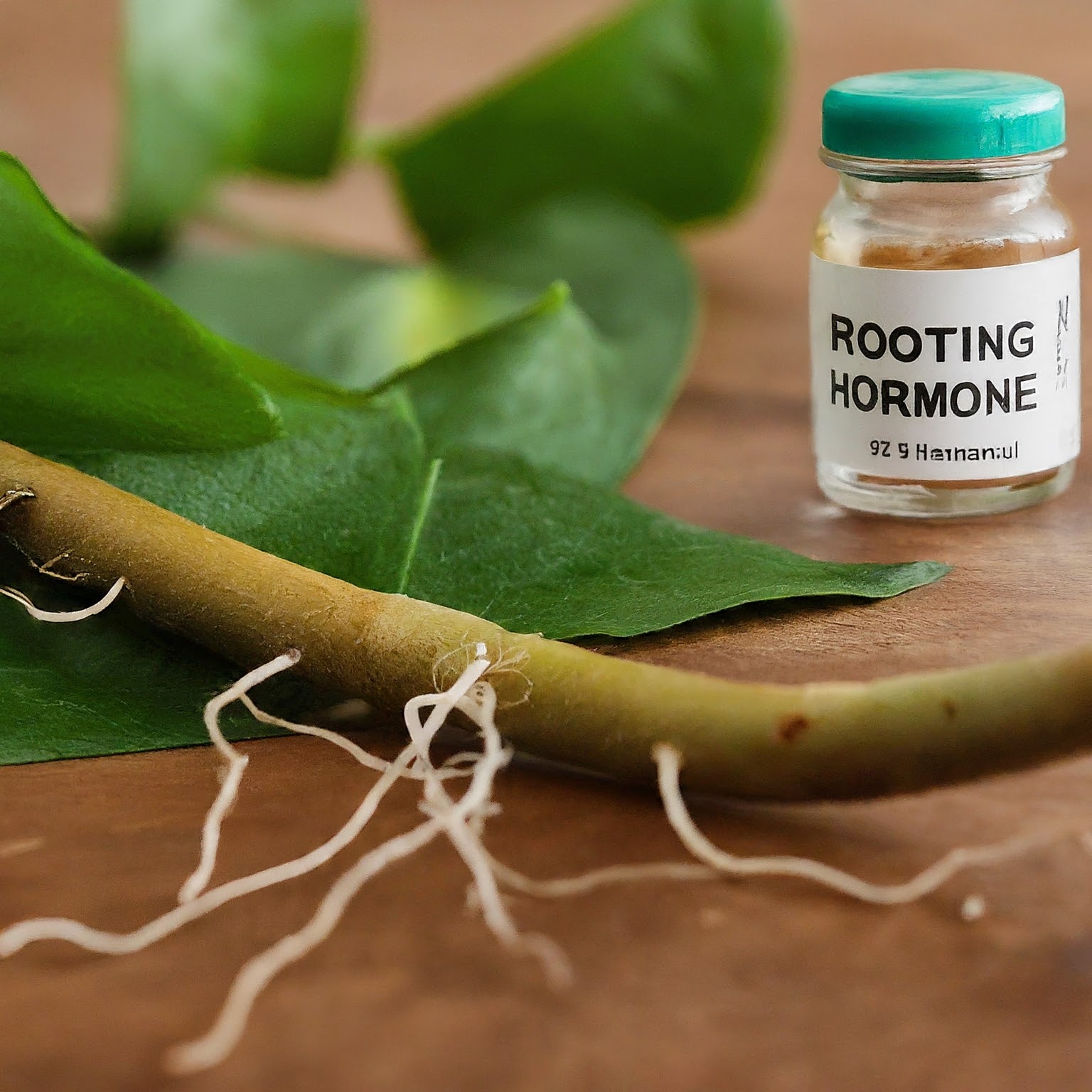
Can rooting hormones be used on all types of plants?
Rooting hormone can be used on a wide variety of plants, including both woody and herbaceous species. However, not all plants will benefit from the use of rooting hormone, so it is important to research the specific needs of the plant you are propagating before using the hormone.
Some plants may root easily without the need for rooting hormone, while others may benefit greatly from its use.
It is also important to choose the right type of rooting hormone for the plant you are propagating. Different formulations may be more suitable for certain types of plants, so it is important to read the instructions and choose the appropriate product for your needs.
By using rooting hormone properly and selecting the right type for your plants, you can increase the chances of successful propagation and transplanting.
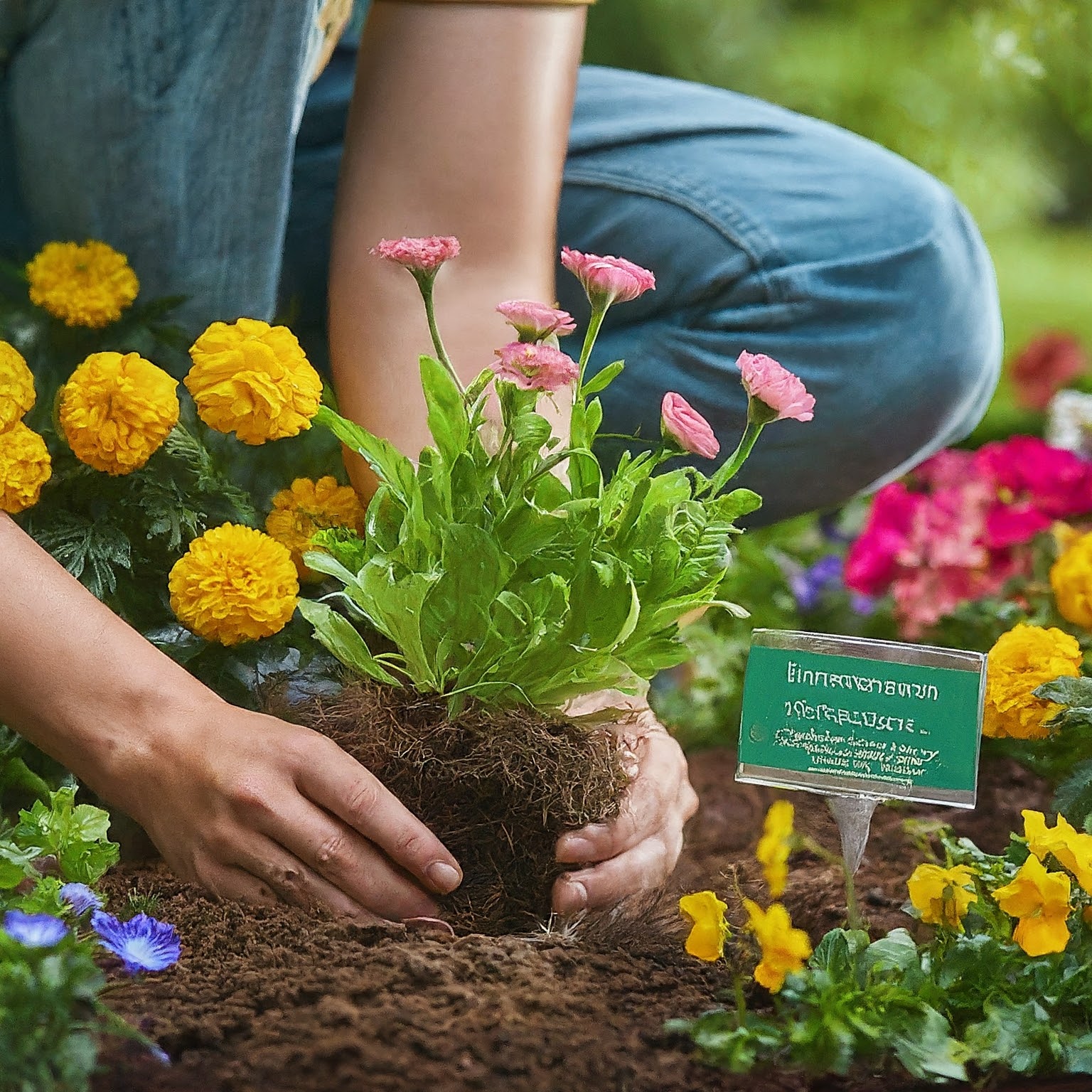
Are there any risks or drawbacks to using rooting hormone?
While rooting hormone is generally safe to use and can greatly benefit plants, there are some risks and drawbacks to consider. One potential risk is the over-application of rooting hormone, which can lead to excessive root growth and may harm the plant. It is important to follow the manufacturer’s instructions carefully and avoid using more hormones than is recommended.
Another potential drawback of rooting hormone is the cost associated with purchasing the product. Some gardeners may find rooting hormone to be an additional expense that they would prefer to avoid. However, when used properly, rooting hormone can be a valuable investment in the health and success of your plants.
Conclusion
Rooting hormones can be a valuable tool for gardeners looking to increase the success of their transplants. By stimulating root growth and speeding up the rooting process, rooting hormones can help plants establish strong root systems and thrive in their new environment.
With proper care and attention, plants treated with rooting hormone are more likely to grow into healthy, vigorous specimens that will enhance any garden.
FAQs
Can rooting hormones be used on all types of plants?
Rooting hormone can be used on a wide variety of plants, but it is important to research the specific needs of the plant you are propagating before using the hormone. Some plants may not benefit from the rooting hormone, while others may require it for successful propagation.
What are the different types of rooting hormones?
Rooting hormone comes in various formulations, including gel, powder, and liquid. Each type has its own advantages and can be used for different types of plants and cuttings.
How should the rooting hormone be applied?
Rooting hormone should be applied to the cut end of a stem before planting it in soil. The cutting should be dipped into the rooting hormone, or the hormone should be applied directly to the cutting according to the manufacturer’s instructions.
Are there any alternatives to using the rooting hormone?
While rooting hormones can be beneficial, there are alternative methods for propagating plants, such as using water propagation or soil propagation. These methods may be suitable for certain plants and cuttings and can be a good option for gardeners looking to avoid the use of rooting hormones.
What are the potential risks of using rooting hormone?
One potential risk of using rooting hormone is over-application, which can lead to excessive root growth and potential harm to the plant. It is important to follow the manufacturer’s instructions and use rooting hormones carefully to avoid any negative effects.
